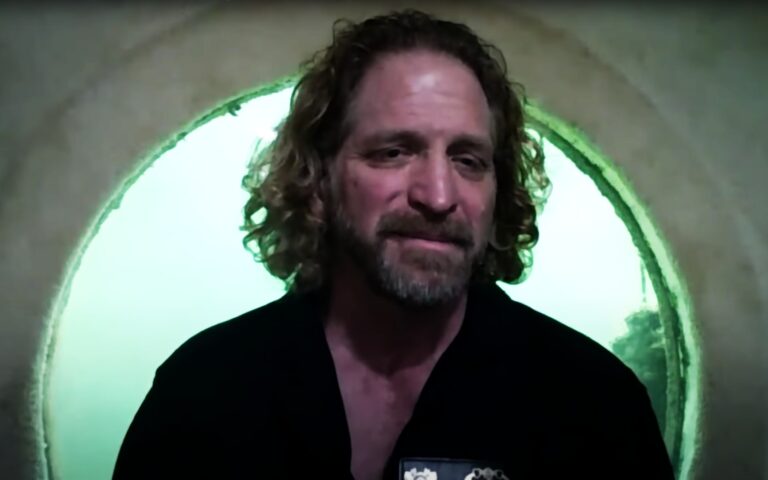A former saturation diver is attempting to live in an underwater habitat for an unprecedented 100 days, but setting a world record is not his primary motive – because he hopes to emerge a better man.
Joseph Dituri, 55, now works as an associate professor at University of South Florida (USF), and being submerged for more than three months does not mean taking time out from his job. Known as “Dr Deep Sea”, he is continuing to teach his biomedical engineering class online, while at the same time conducting research into the effects on the human body of long-term exposure to extreme pressure.
Also read: ‘Smart armour’ for deep divers of the future
Following up on a previous scientific study that indicated that body-cells could double within five days when exposed to increased pressure, Dr Dituri is exploring the possibility of such an undersea experience lengthening the human lifespan and combatting age-related diseases. “We suspect I am going to come out superhuman!” he says.
His home for more than three months is 9m down in Jules’ Undersea Lodge, the 9sq m habitat in Key Largo where the current world record for underwater living was set in 2014. At that time two academics stayed down for 73 days but Dr Dituri is living alone – albeit expecting plenty of visitors.
“The human body has never been under water that long, so I will be monitored closely,” he says. Before and after his 100-day stint he has to undergo a series of psychosocial, psychological and medical tests, including blood panels, ultrasounds and electrocardiograms, as well as stem-cell tests.
The testing also has to be completed at regular intervals during his underwater experience, with the help of a scuba-diving medical team tasked with monitoring his physical health and fitness, and a psychologist and psychiatrist to assess his mental condition.
Brain injuries
Dr Dituri was a saturation diving officer in the US Navy for 28 years, retiring as a commander in 2012. At that point he embarked on a USF doctoral degree, studying the type of brain injuries that he had seen others sustain in the military.
“I knew well that hyperbaric pressure could increase cerebral blood-flow, and hypothesised that it could be used to treat traumatic brain injuries,” he says. That led him to explore the application of hyperbaric medicine in treating “a broad spectrum of diseases”.
“Everything we need to survive is here on the planet,” he says. “I suspect the cure to many diseases can be found in undiscovered organisms in the ocean. To find out, we need more researchers.”
Other tasks to keep Dr Dituri occupied in the habitat include testing an artificial intelligence tool designed to screen a human body for illness and determine whether medication is required.
And apart from the medics checking his health, he is expecting a stream of other visitors to dive down to join him. As part of an outreach programme, adults and chaperoned children will stay for 24 hours at a time to study the research process, while fellow-scientists will dive in for discussions on ways of protecting and rejuvenating the marine environment. These talks will be streamed on the Dr Deep Sea YouTube channel.
Jules’ Undersea Lodge in Emerald Lagoon opened in 1986, originally as a research facility. It became the USA’s only underwater hotel, requiring guests to scuba dive to their accommodation and providing room service in the form of diver-delivered pizza.
UPDATE
On 14 May, Dr Dituri completed 74 days living under water, breaking the world record that had been set at the same location by US professors Bruce Cantrell and Jessica Fain in 2014.
“Today I broke the world record for living underwater,” he posted. “The curiosity for discovery has led me here. My goal from day 1 has been to inspire generations to come, interview scientists who study life undersea and learn how the human body functions in extreme environments.”
Also on Divernet: Proteus: Undersea Habitat Of The Future, Bid To Dive Aquarius Reef Base

